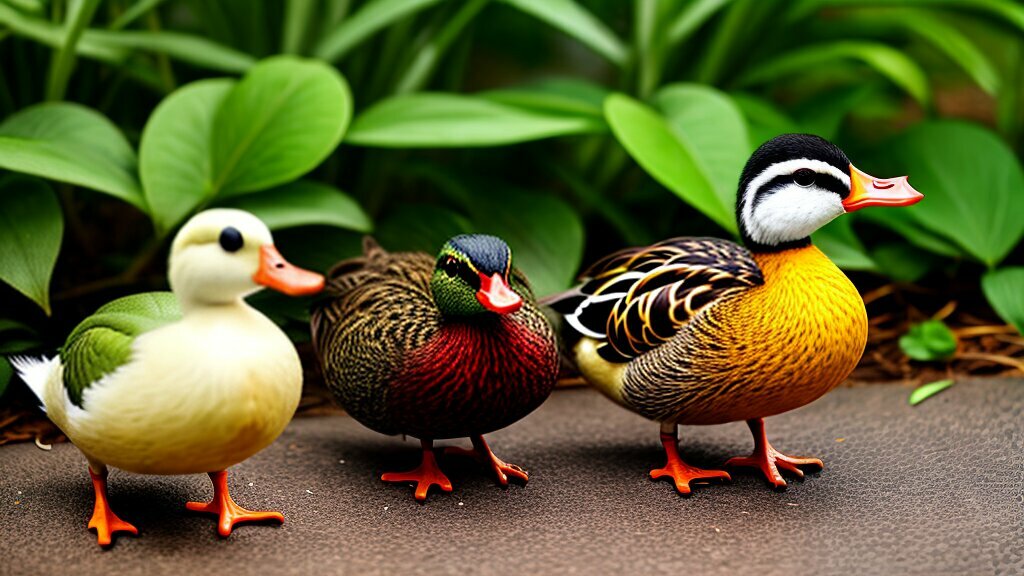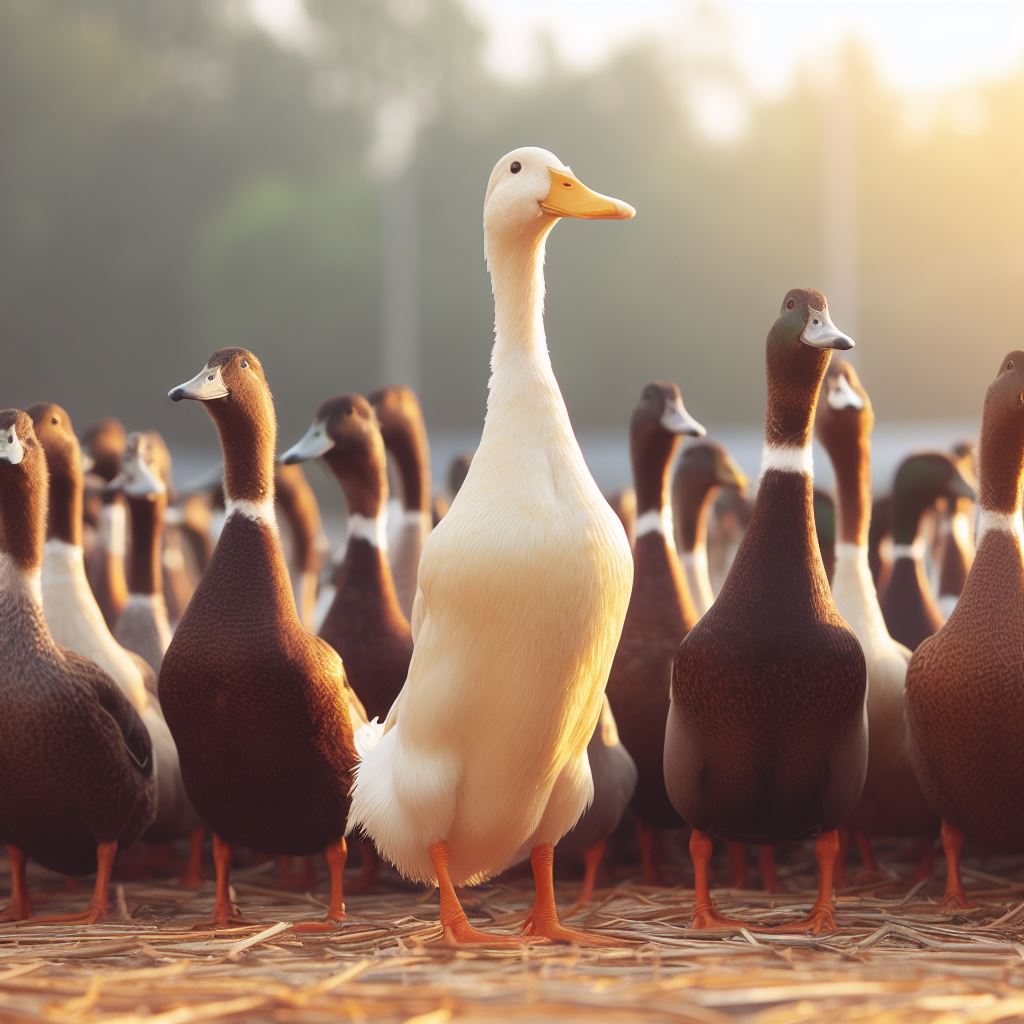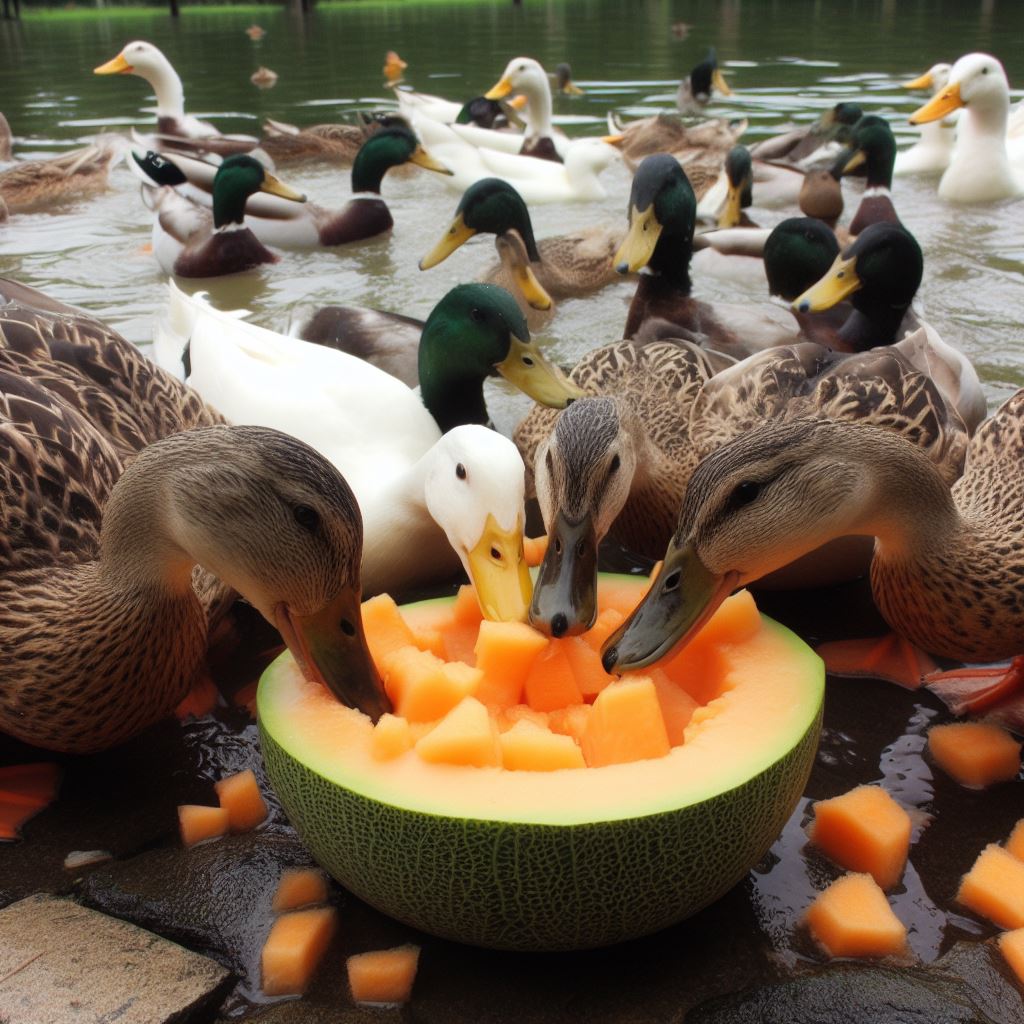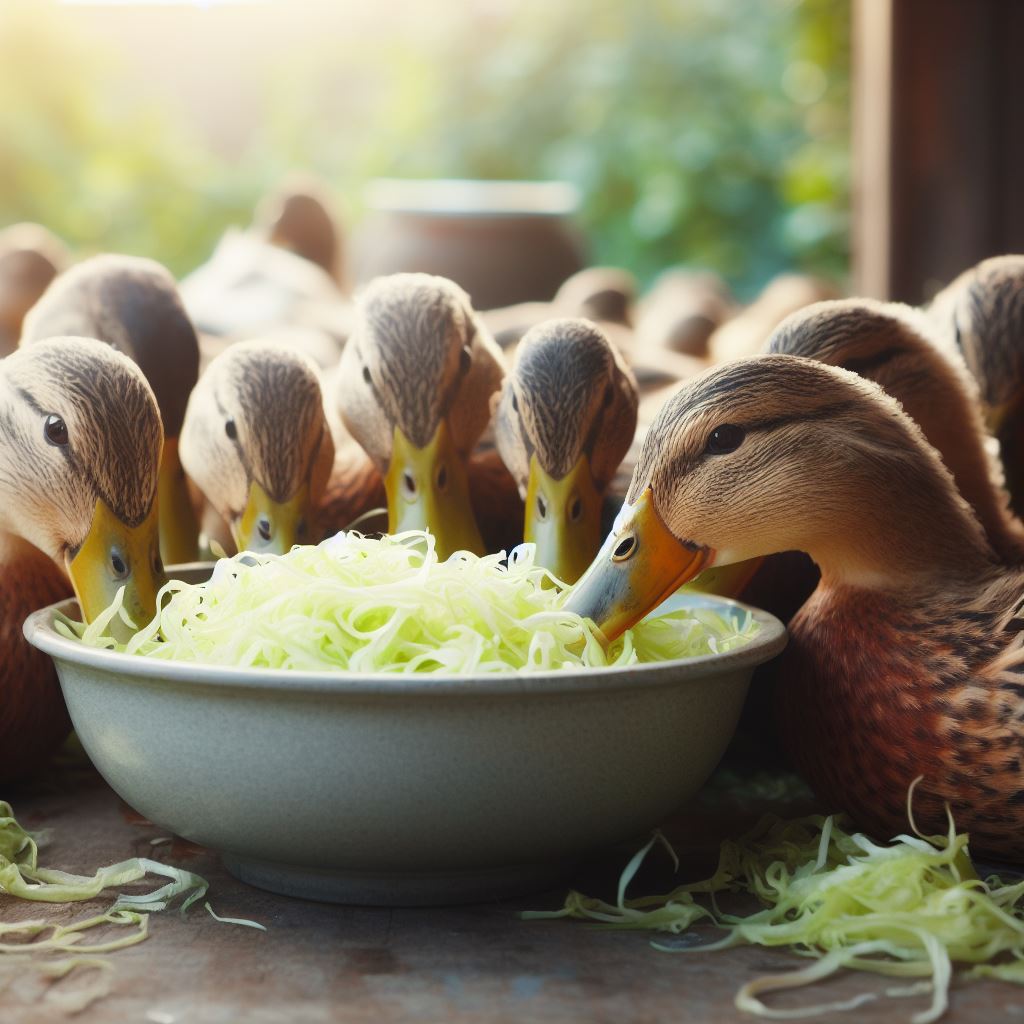Do Ducks Eat Frogs? Do They Dine on Frogs

Table of content:
Ducks are omnivorous birds that are known to eat a variety of small animals and insects along with plant material. This brings up the question – do ducks ever prey upon and eat frogs? Let’s take a closer look at the dietary habits of ducks and their relationship with frogs in the wild.
Ducks as Predators
Ducks are opportunistic feeders and can be predators of small fish, amphibians, and invertebrates in aquatic environments. Most ducks are omnivorous, meaning they feed on both plant and animal matter. Their diet consists of aquatic plants and vegetation as well as larvae, snails, crustaceans, and small fish.
Dabbling ducks such as mallards typically feed at the surface of the water or by tipping tail-up to reach underwater. They have serrated edges on their bills which help them grip slippery prey like frogs and tadpoles. Diving ducks like canvasbacks use their powerful hooked bills to catch fish and amphibians.
So ducks certainly have the capability to capture and eat frogs and tadpoles if they are available. Frogs provide protein and nutrients for developing ducklings during breeding season and supplement adult ducks’ diet when other food sources are scarce.
Examples of Ducks Eating Frogs
There are documented observations of various duck species consuming frogs and frog eggs. Some examples:
- Mallards and other dabbling ducks eating tadpoles and small leopard frogs. They take advantage of seasonal tadpole availability in the spring.
- Wood ducks hunting and eating metamorphosing green frogs near the water’s edge. Their serrated bill allows them to grasp the slippery amphibians.
- Muscovy ducks, a tropical species, observed eating small tree frogs in pond areas where they co-exist.
- Australian Pacific black ducks feeding on multiple frog species including peron’s tree frog eggs. The protein helps sustain ducklings’ growth.
- Cavity nesting wood ducks preying on Columbia spotted frogs and consuming significant numbers of eggs during breeding season.
So while not a primary food source, frogs do supplement the diet of many duck species worldwide when the opportunity arises.
Do Specific Duck Species Prey on Frogs?
Certain duck species are more likely to eat frogs based on their habitat preferences and food capture adaptations.
Mallard Ducks
As ubiquitous dabbling ducks found throughout North America near ponds, lakes and wetlands, mallards encounter frogs regularly. Mallards use their wide flat bill to strain tadpoles and small leopard or wood frogs from the water or shoreline vegetation. Frogs can provide an important alternate protein source for female mallards before and during breeding season when other aquatic food is still scarce.
Muscovy Ducks
A tropical American duck species, Muscovy ducks often coexist with tree frogs in swampy areas and farm ponds. Unlike mallards, Muscovy have sharper nails on their feet and a strong hooked upper bill adapted for grasping prey. These attributes allow them to perch in trees and capture tree frogs. Muscovy ducks have been observed consuming medium-sized tree frogs in locations where the two species overlap.
Wood Ducks
Wood ducks thrive in forested wetlands and eat a wide variety of small animals including frogs. As opportunistic foragers, they’ll readily consume any accessible tadpoles, eggs, or frogs of species like leopard frogs, bullfrogs, and green frogs. Their serrated bill is effective at catching and holding the slippery amphibians. Being cavity nesters, wood ducks are also known to consume frog eggs laid along the water’s edge near their nest site.
So while not all ducks prey significantly on frogs, a few species like Muscovy and wood ducks are well-adapted to capturing local frog species and gain nutritional benefits from their consumption.
What Types of Frogs Do Ducks Eat?
Ducks prey most often on small, aquatic frogs and tadpoles that naturally co-exist with them in wetland ecosystems. Some frog species observed being eaten by ducks:
- Green frogs – A common pond frog found throughout the U.S. Ducks eat their tadpoles in spring and newly metamorphosed frogs which are still small.
- Bullfrogs – Large frog species but ducks will eat tadpoles and juveniles near the water’s edge.
- Leopard frogs – Widespread species whose tadpoles and young provide ducks with protein.
- Wood frogs – Forest frog that breeds in duck habitat. Ducks consume eggs and tadpoles.
- Tree frogs – In the tropics, Muscovy ducks can perch and access tree frogs.
- Columbia spotted frogs – Cavity-nesting wood ducks consume eggs along the shoreline.
Ducks focus on eating the more vulnerable life stages of aquatic frog species – eggs, tadpoles, and juveniles. This allows them to access a seasonal protein source while helping control frog populations.
Why Would Ducks Eat Frogs?
There are several advantageous reasons ducks may opportunistically prey upon frogs:
- High protein source – Frogs provide essential amino acids needed particularly by female ducks prior to egg laying season. The protein boost aids in egg production.
- Accessibility – Aquatic frogs already live alongside ducks, providing easy access as supplemental food. Ducks don’t expend extra energy travelling to hunt frogs.
- Varied nutrients – In addition to protein, frogs contain vitamins and minerals like calcium, iron, and zinc which benefit duck nutrition.
- Population control – By eating eggs and juveniles, ducks help regulate rampant frog populations that could negatively impact ducks by competing for resources.
- Offspring food source – Ducklings need high protein. Tadpoles and young frogs are an easy food source for mother ducks to catch and bring back to land-bound ducklings.
In moderation, frogs offer ducks great nutritional benefits with minimal effort required to catch them. Their availability makes them a convenient prey species when other aquatic food gets scarce seasonally.
What Factors Impact Ducks Eating Frogs?
A few key factors influence how often ducks will prey upon frogs:
- Habitat overlap – Ducks and frogs must live in close proximity near water for ducks to access frogs as food. Muscovy ducks in particular favor tropical areas where tree frogs are present.
- Prey availability – Tadpoles and young frogs must reach a stage where they are accessible to ducks, often along the shoreline or water surface.
- Food scarcity – When aquatic vegetation or small fish decline seasonally, ducks will supplement by shifting to tadpoles/frogs for protein.
- Competition – Highly competitive environments with many frog or duck predators may decrease each species’ ability to prey on the other.
- Predation adaptions – Ducks like wood ducks and Muscovy are better equipped with their bill serration and sharp nails for grabbing slick frogs.
- Nesting season – Egg-laying female ducks have especially high protein demands, increasing likelihood of frogs as prey.
So while ducks are certainly capable of eating frogs, whether and how much they rely on frogs depends greatly on environmental factors bringing the two species together. Their actual consumption of frogs is quite situational.
Do Geese Also Eat Frogs?
The evidence on geese eating frogs is less clear. Geese are almost entirely herbivorous, feeding mostly on aquatic plants, grasses, and grains. However, geese may occasionally supplement with small aquatic invertebrates, insects, fish eggs or even young chicks.
There are a few anecdotal reports of geese opportunistically feeding on frog eggs or tadpoles if readily available in the water during times of scarce vegetation. And goslings under 3 weeks old have higher protein requirements which may be met by small amounts of frog larvae.
Overall though, geese do not actively hunt or consume meaningful quantities of frogs or other meat due to their physiological adaptations for plant-based grazing. Any limited benefits they may gain from incidental tadpole ingestion do not warrant geese regularly targeting frogs as prey.
Conclusion
In summary, ducks are capable of opportunistically preying upon frogs, especially their tadpoles, eggs, and juvenile stages which they actively hunt along pond edges and in shallow water. Certain duck species are better adapted for catching frogs, while habitat overlap and seasonal food scarcity also increase frog predation. But frogs generally comprise a small supplemental part of a duck’s diet rather than a primary food source. Geese conversely gain little benefit from eating frogs and rarely do so. Understanding the predator-prey relationship between ducks and frogs provides insight into the nutrition, adaptions, and behaviors of these common wetland species.
Welcome. I’m Adreena Shanum, the proud owner of this website, and I am incredibly passionate about animals, especially poultry. I founded adreenapets.com as a labor of love, stemming from my desire to share my knowledge and experiences with poultry enthusiasts worldwide.




